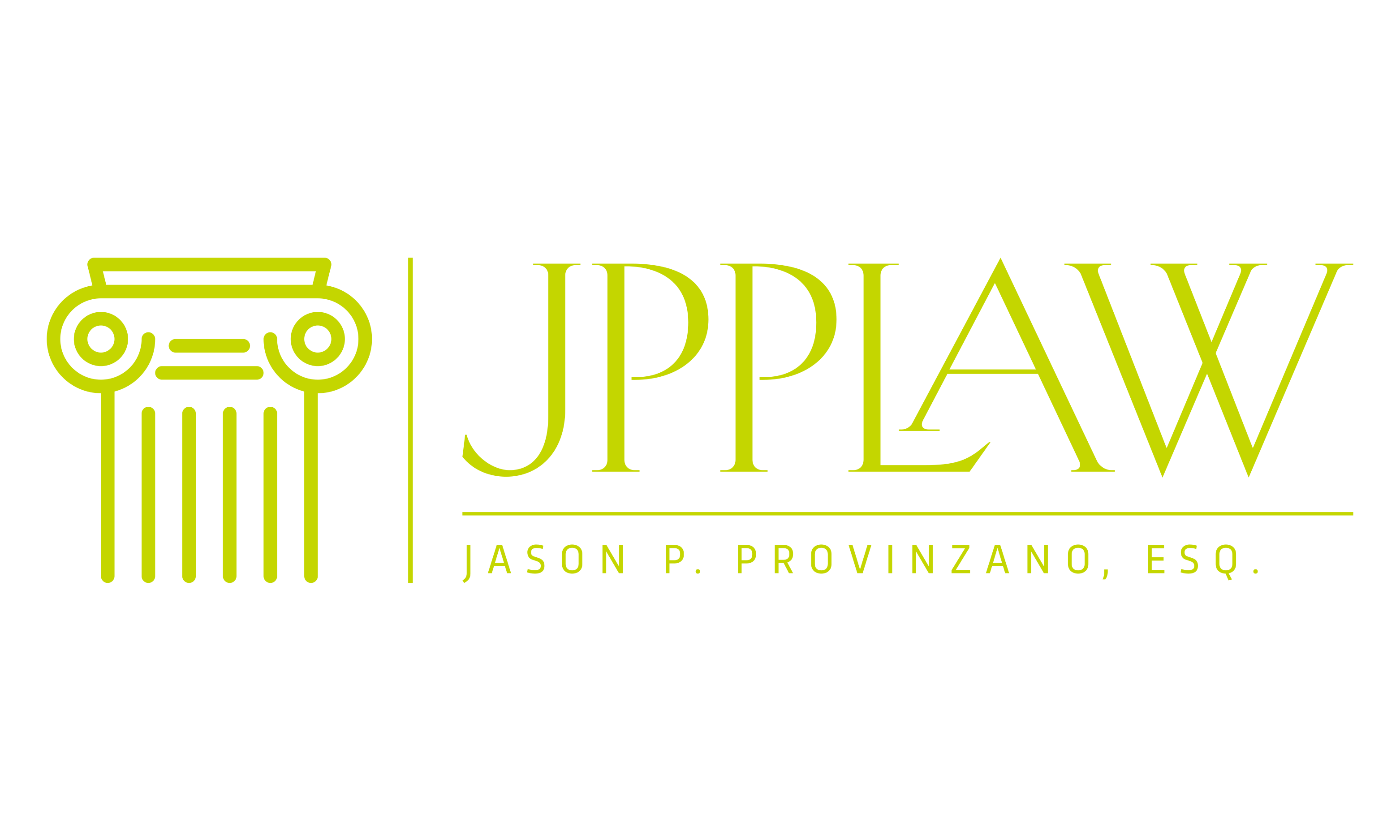When you have serious debt, you might be at the point where you’re considering filing for bankruptcy. Thousands of people do this every year to get relief from debt, which can be extremely beneficial. While bankruptcy can help you after a tough time, it is a big decision to make, and there’s a lot that you need to consider. Many people aren’t very familiar with bankruptcy until they need to look into it for themselves, so it’s understandable if you have a lot of questions. Of course, a question that’s probably at the top of your mind is, “what assets can I keep if I go bankrupt?”
Some assume that filing for bankruptcy means that they’ll have to give everything up. Worrying about losing your assets when filing for bankruptcy can be stressful, but this might not actually be a big cause of concern for you. Learn more about what assets you can keep if you go bankrupt.
How Do Bankruptcy Exemptions Work?
When filing for Chapter 7 bankruptcy, a person’s assets may be used to help cover the cost of their debt. If you’re worried about losing your assets after filing for bankruptcy, you need to look into bankruptcy exemptions. These are assets that can’t be taken from you after filing for bankruptcy. There are more bankruptcy exemptions than you might realize, so it’s important that you understand what you can exempt.
Some assets that may be exempt include jewelry, motor vehicles, and items you need for your career. You’ll also likely be able to keep any of the basic necessities you need to live. However, while these items can be exempt, there are times when they aren’t. Exemptions may depend on how much value they have. Different assets have different value amounts according to state and federal laws to determine what can be exempt, so you can exempt them if your assets are that amount or lower. This means that some may lose some of their assets when filing for bankruptcy. This may sound scary, but many don’t lose their assets and possessions due to bankruptcy.
Can You Keep Assets if You File for Chapter 13 Bankruptcy?
While the above applies to those considering Chapter 7 bankruptcy, Chapter 13 bankruptcy is entirely different. Those filing for Chapter 13 bankruptcy are given a repayment plan to pay back their debts. Since these debts will eventually be paid off, you don’t have to worry about losing your assets when you file for Chapter 13 bankruptcy. However, your assets do make a difference in Chapter 13 bankruptcy. The value of your non-exempt assets can impact what your monthly payments are.
Learn More About What Assets You Can Keep
Bankruptcy exemptions can sometimes be confusing, but it’s important that you fully understand them if you’re considering filing for bankruptcy. This is why working with a bankruptcy lawyer is so important. At JPPLaw, Attorney Jason P. Provinzano can help walk you through the process and ensure that you know everything you need if you’re thinking of filing for bankruptcy.
Contact JPPLaw today to get help from one of the top Wilkes-Barre lawyers who specializes in bankruptcy.


